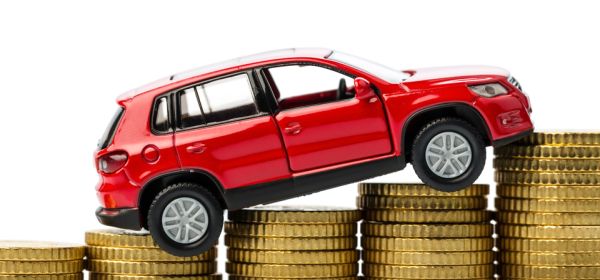Rob, a YourLifeChoices member, has had enough of the price of fuel and thinks it’s time something was done about it. Here’s what he has to say:
It continues to amaze me that the oil companies (Shell, Caltex, etc.) can get away with these greatly inflated petrol prices.
As I recall, the price of petrol ULP (regular unleaded) a year ago was about $1.60 per litre here in Brisbane. It is currently $1.30, and is usually about that price, over the past 6-8 months and more.
That’s a drop of 12.5 per cent.
Meanwhile the price of crude (WTI Crude) has dropped U S$100 to below $30 over the past year, a fall of 77 per cent (my figures are conservative).
A fair price per litre ULP in Brisbane according to the RACQ is currently $1.21. That also seems high to me. But the servos almost all charge $1.30 and more.
It is highly irritating to see prices fluctuate, but rarely stay at the lower margin (about $1.20) for more than a week or ten days.
It costs me $60 pw for petrol, a big component of my costs of living. A drop of 10 per cent or more would really help.
Why do we not see more protests against this price gouging? How come they get away with it? Can we do something about it?
Well Rob, it seems the Australian Competition and Consumer Commission (ACCC) has heard your, and many others’, complaints about the lack of transparency and credibility in fuel pricing.
Chairman of the ACCC, Rod Sims, has instructed fuel companies that the cost of a litre of petrol must drop by 7 cents to be considered competitively priced. While crude oil prices have dropped by more than half since June last year, fuel companies have only dropped the price of a litre of petrol by 15 per cent.
Speaking to Fairfax Media, Mr Sims said, “We have been concerned for a couple of months that the margins petrol companies are making are excessive. They are probably 6 cents or 7 cents higher than they should be and we’ll be looking to see that those retail margins are actually coming down. We think prices have some way to drop still.”
Findings released in December by the ACCC found that in the September quarter, petrol and diesel prices were the highest since 2002. This lead to claims of price gouging, which were, perhaps unsurprisingly, rejected by the industry via the Australasian Convenience and Petroleum Marketers Association.
However, it may not be so easy for the ACCC to exert the necessary pressure, with Mr Sims conceding that there were external factors that played a part in the price of petrol and monitoring pump prices in Australia may not be enough.
What do you think? Do you agree with Rob that fuel companies need to be held accountable and fuel prices need to fall considerably? Or do you think that market forces simply dictate the price we pay for our petrol?

